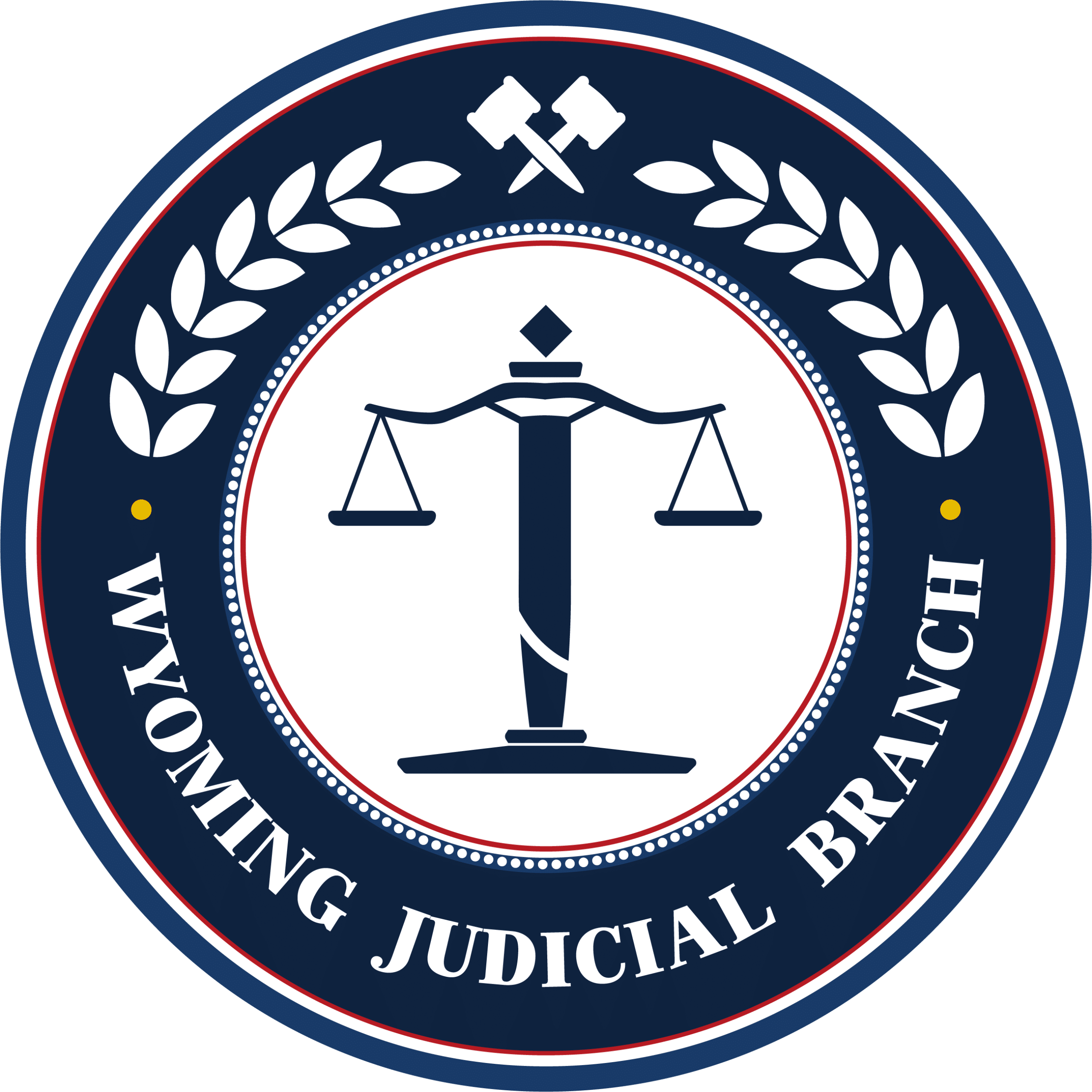Resources
Identity Theft is the largest consumer complaint filed with the Federal Trade Commission (FTC) annually. Becoming the victim of an identity theft can be a complicated and frustrating time in your life.
Individuals with low income may qualify for free legal help. Click here for more information.
Wyoming Attorney General's Consumer Protection Unit
This website has contact information, complaint forms and information about the Wyoming Consumer Protection Act.
Identity Theft Resource Center
The Identity Theft Resource Center has an identity theft help line as well as information about identity theft, including strategies to help resolve specific identity theft scenarios.
FTC Consumer Information
The Federal Trade Commission (FTC) is the nation’s consumer protection agency. The FTC works to prevent fraudulent, deceptive and unfair business practices in the marketplace. This website contains valuable consumer information on money & credit, homes & mortgages, health & fitness, jobs & making money, and privacy & identity issues.
University of Wyoming Extension
UW Extension reaches people through presentations to groups, associations and agencies in the community and in prisons, and through their online resources and publications. You can contact your local Extension office to find out what is available in your area, or follow the link above for more information about online resources including podcasts and webinars.
